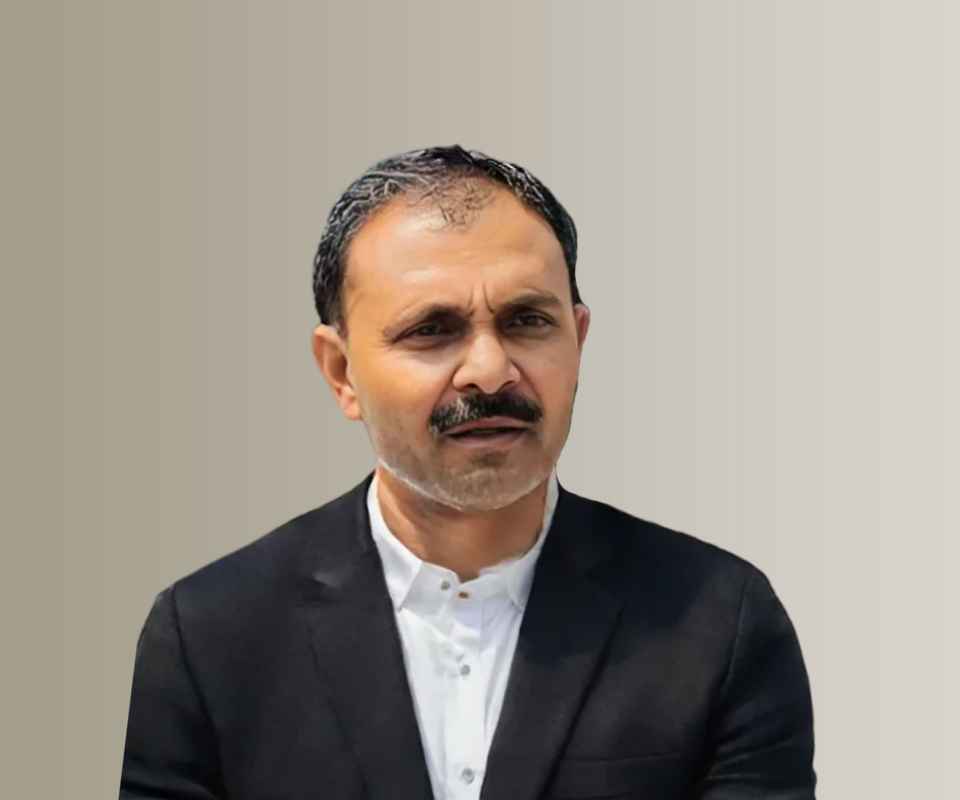Answer By law4u team
Constitution Of India Article 51A: Fundamental Duties
It shall be the duty of every citizen of India—
- (a) to abide by the Constitution and respect its ideals and institutions, the National Flag and the National Anthem;
- (b) to cherish and follow the noble ideals which inspired our national struggle for freedom;
- (c) to uphold and protect the sovereignty, unity and integrity of India;
- (d) to defend the country and render national service when called upon to do so;
- (e) to promote harmony and the spirit of common brotherhood amongst all the people of India transcending religious, linguistic and regional or sectional diversities; to renounce practices derogatory to the dignity of women;
- (f) to value and preserve the rich heritage of our composite culture;
- (g) to protect and improve the natural environment including forests, lakes, rivers and wildlife, and to have compassion for living creatures;
- (h) to develop the scientific temper, humanism and the spirit of inquiry and reform;
- (i) to safeguard public property and to abjure violence;
- (j) to strive towards excellence in all spheres of individual and collective activity so that the nation constantly rises to higher levels of endeavour and achievement;
- {2}(k) who is a parent or guardian to provide opportunities for education to his child or, as the case may be, ward between the age of six and fourteen years.
NOTE
{2}. Ins. by the Constitution (Eighty-sixth Amendment) Act, 2002, s. 4 (w.e.f. 1-4-2010). .
Brief Detail
Article 51A lists the fundamental duties of every citizen, covering aspects like national unity, social responsibility, environmental protection, and the education of children between the ages of six and fourteen years, among others.
Question & Answers
What are some of the fundamental duties mentioned in Article 51A?
It includes duties like abiding by the Constitution, upholding national integrity, promoting harmony, protecting the environment, and ensuring education for children.
How does Article 51A address the education of children?
It mandates that parents or guardians provide opportunities for education to children between the ages of six and fourteen years.
Example
Government policies aimed at enhancing environmental sustainability and educational access reflect the principles outlined in Article 51A.
Summary
Article 51A lists the fundamental duties of Indian citizens to promote national integrity, social responsibility, environmental preservation, and educational development for children, fostering a responsible and active citizenry.







